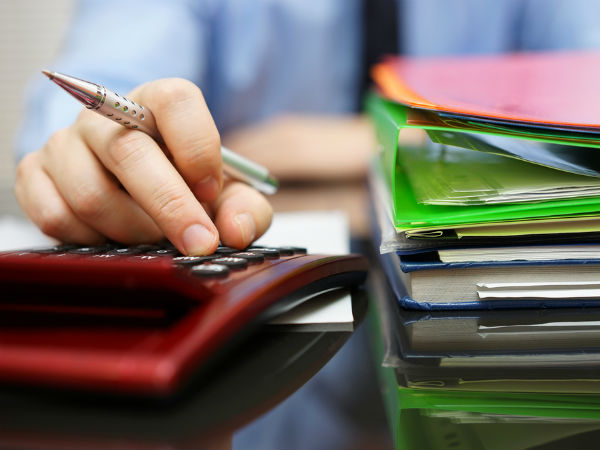How to Secure Online Financial Transactions?
To avoid alerting the user or the bank's security system, scammers and hackers frequently conduct multiple small-value transactions rather than a single large-value transaction.
Digital banking (online and mobile banking) simplifies financial management. You can pay bills, deposit checks, and transfer money from anywhere using digital banking technology. Financial fraud losses can have a significant impact on us, so it is critical that we have good safeguards and practises in place for our financial transactions. Rising incidents of cybercrime, phishing attacks, and ATM hacks have exacerbated the situation. Here are some helpful precautions and practises to follow:

Make use of virtual keyboards
Almost every banking website we use today allows you to log in to your online banking account using a virtual keyboard. This method is more secure than using a physical keyboard to enter your login information.Hackers or malware who have gained access to your computer system will frequently use software such as a keylogger, which tracks the keys you type on your physical keyboard, to steal your usernames and passwords. In turn, using virtual keyboards prevents such information from being logged or tracked.

Use SMS or email notifications
When a transaction occurs, most digital banking and financial services today send us alerts via SMS or email. If the alert has a value, set it to the lowest level so that you receive alerts for even the smallest transactions.

Use One-time-password (OTP) for logins
Most online accounts now allow you to log in with a one-time password (OTP). When typing in internet browsers, a uniquely generated temporary password, such as an OTP, is more secure, especially in public places or at work.
This method is preferable because, when using OTPs to log in online, they are generated at random before being sent to your mobile or email address for one-time use and are only valid for a short period of time before expiring. Make it a habit to delete emails and SMS messages containing OTPs after you have finished using them.

Use a safe PIN for your cards
A secure personal identification number (PIN), like a secure password for your online accounts, can go a long way toward protecting your debit or credit cards from misuse.
Never use your or a family member's birth date as your PIN. A scammer or hacker can easily obtain this information, sometimes through your social media accounts. Also, never save your PIN in the contact book of your smartphone. Anyone who has access to your smartphone or contacts can quickly obtain the PIN, making it dangerous.
If you suspect your PIN has been compromised, change it right away using your internet banking website or the bank's mobile app.

Set limits for your banking cards
If you use debit or credit cards and don't always need to use their maximum limit, it's a good idea to set a transaction limit for the card. Most banks and financial institutions let you set these limits online or through their mobile app. You will also have the option of setting upper limits per transaction, per day, online, offline, or while using the card abroad.
Set these limits based on your usage pattern, and even if the card or its details fall into the wrong hands or are misused, you can significantly reduce the financial losses you incur.

Secure your documents
Password-protecting documents with your financial information before saving them onto your system is a good practice, just like password-protecting financial documents and statements you receive via email. Only you or users who know the password can access those document files this way.
Some applications also allow you to create an additional password in case the information in the document needs to be changed; this way, only someone with the password can change the information in the document.

Create strong passwords
Strong passwords are simple to remember for you but difficult for others to guess. They are lengthy phrases or sentences that contain a mix of capital and lowercase letters, numbers, and symbols. Passwords and PINs should be kept private. Don't send them via email or instant messaging, social media, or over the phone. Use distinct passwords for bank and other sensitive accounts. Use a different password for each site. If it is stolen, all of the information it protects is at risk.




















